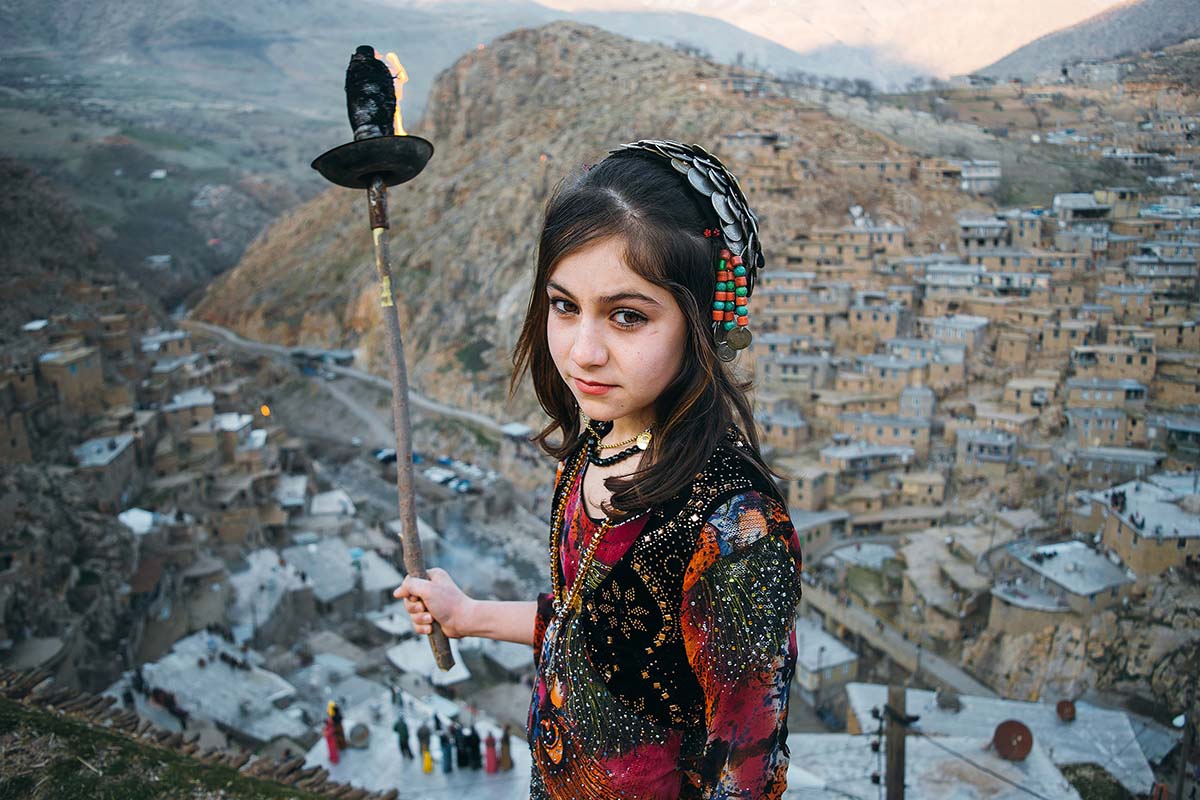 Nowruz is the Iranian or Persian New Year celebrated by various ethnic groups worldwide. It is a festival based on the spring equinox— which marks the first day of the new year in the Iranian Solar Hijri calendar, on or around March 21, on the Gregorian calendar.
Nowruz is the Iranian or Persian New Year celebrated by various ethnic groups worldwide. It is a festival based on the spring equinox— which marks the first day of the new year in the Iranian Solar Hijri calendar, on or around March 21, on the Gregorian calendar.
The day of Nowruz has its origins in the Iranian religion of Zoroastrianism and is thus rooted in the traditions of the Iranian peoples; however, it has been celebrated by diverse communities for over 3,000 years in Western Asia, Central Asia, the Caucasus, the Black Sea Basin, the Balkans, and South Asia. Presently, while it is largely a secular holiday for most celebrants and enjoyed by people of several different faiths and backgrounds, Nowruz remains a holy day for Zoroastrians, Baháʼís, and some Muslim communities.
As the spring equinox, Nowruz marks the beginning of spring in the Northern Hemisphere, i.e. the moment at which the Sun crosses the celestial equator and equalizes night and day is calculated exactly every year. Traditional customs of Nowruz include fire and water, ritual dances, gift exchanges, reciting poetry, symbolic objects and more; these customs differ between the diverse peoples and countries that celebrate the festival.
The first day of the Iranian calendar falls on the March equinox, the first day of spring, around 21 March. In the 11th century AD the Iranian calendar was reformed by Omar Khayyam in order to fix the beginning of the calendar year, i.e. Nowruz, at the vernal equinox. Accordingly, the definition of Nowruz given by the Iranian astronomer Tusi was the following: “the first day of the official New Year [Nowruz] was always the day on which the sun entered Aries before noon.” Nowruz is the first day of Farvardin, the first month of the Iranian solar calendar, which is the official calendar in use in Iran, and formerly in Afghanistan.
The United Nations officially recognized the “International Day of Nowruz” with the adoption of Resolution 64/253 by the United Nations General Assembly in February 2010.
The word Nowruz is a combination of the Persian words (now, meaning ‘new’) and (ruz, ‘day’). Pronunciation varies among Persian dialects. A variety of spelling variations for the word nowruz exist in English-language usage, including norooz, novruz, nowruz, navruz, nauruz and newroz.